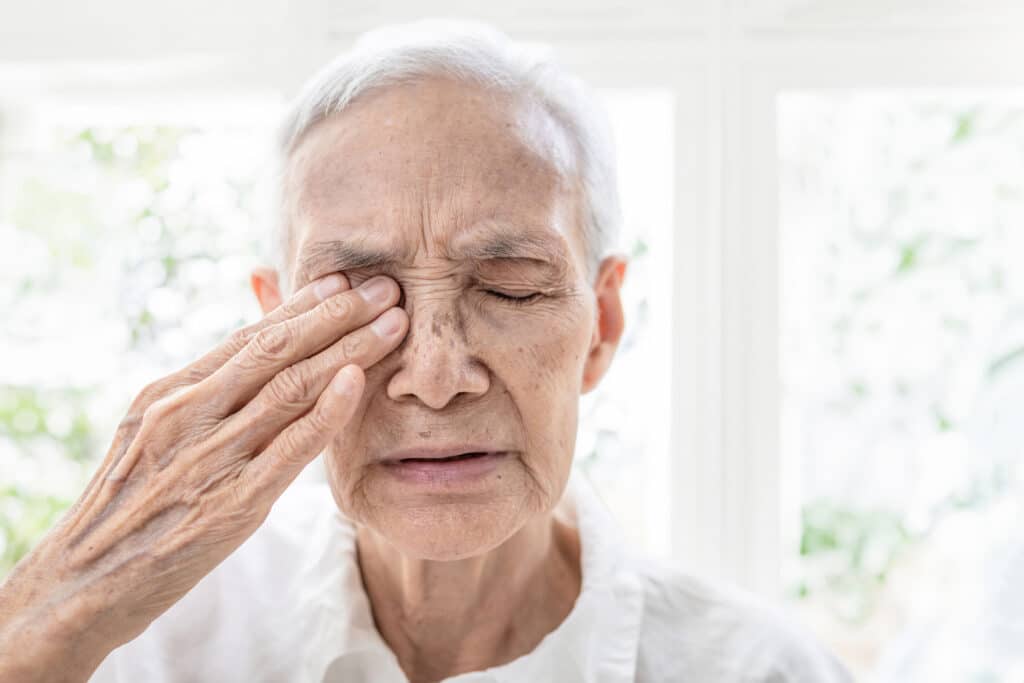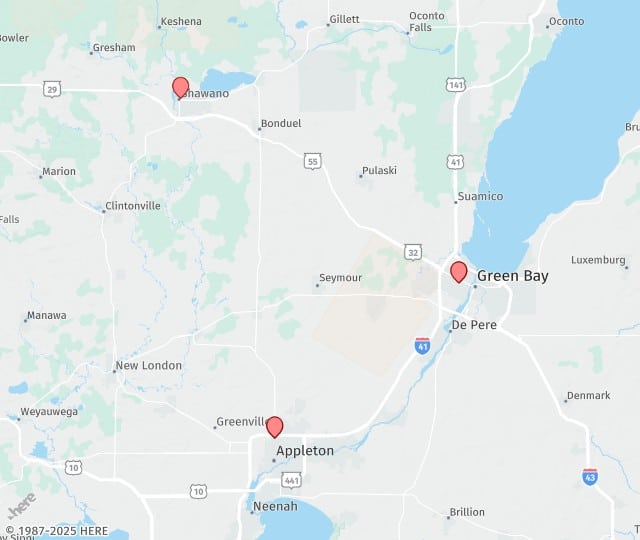Understanding Age-Related Macular Degeneration (AMD)
Age-Related Macular Degeneration (AMD) is a leading cause of vision loss among older adults. It affects the macula, the central part of the retina responsible for sharp, detailed vision. As AMD progresses, it can cause blurriness or blind spots, making everyday tasks like reading and recognizing faces more difficult. Tower Clock Eye Center doctors have specialized treatments to help against the progression of AMD.
Types of AMD
There are two main types of AMD:
- Dry AMD: The most common form, occurring when the macula thins with age. It develops gradually and can lead to central vision loss over time.
- Wet AMD: Less common but more severe, this type occurs when abnormal blood vessels grow under the retina, leading to rapid and significant vision loss.
Risk Factors
Several factors can increase the risk of developing AMD, including:
- Age (most common in people over 50)
- Family history of AMD
- Smoking
- High blood pressure and cardiovascular disease
- Poor diet lacking leafy greens and antioxidants

Prevention and Management
While there is no cure for AMD, Tower Clock Eye Center doctors suggest lifestyle changes to help reduce the risk and slow its progression:
- Healthy Diet: Foods rich in vitamins C and E, zinc, and lutein (found in leafy greens and fish) support eye health.
- Regular Eye Exams: Early detection is key to managing AMD effectively.
- Avoid Smoking: Smoking doubles the risk of developing AMD.
- Manage Overall Health: Controlling blood pressure and maintaining a healthy weight can help protect vision.
- Treatment Options: For wet AMD, treatments like anti-VEGF injections can slow disease progression.
The Importance of Eye Health
AMD can significantly impact quality of life, but proactive care can help maintain vision for as long as possible. If you notice changes in your central vision, contact Tower Clock Eye Center to schedule your appointment at 920 499-3102.
